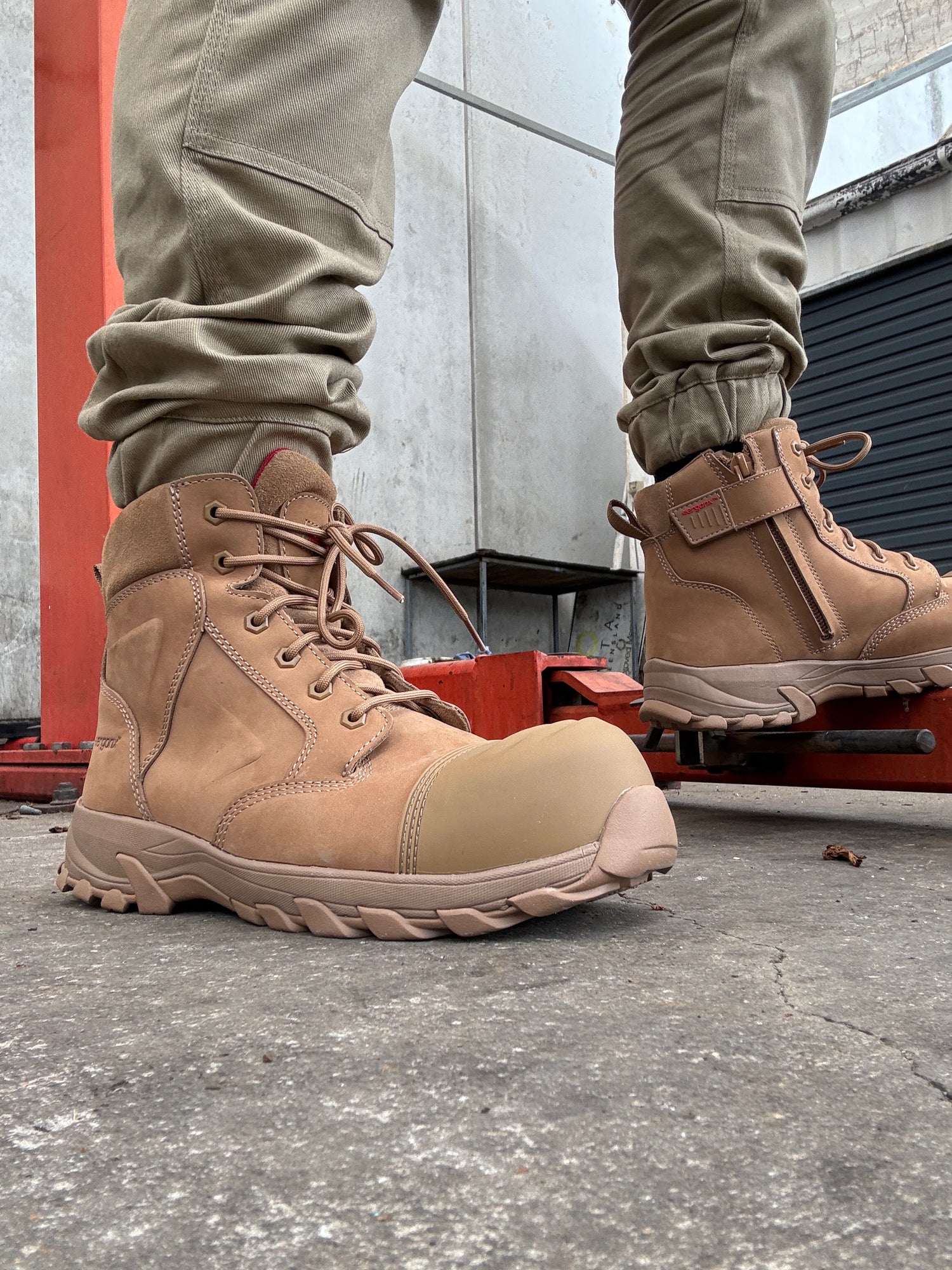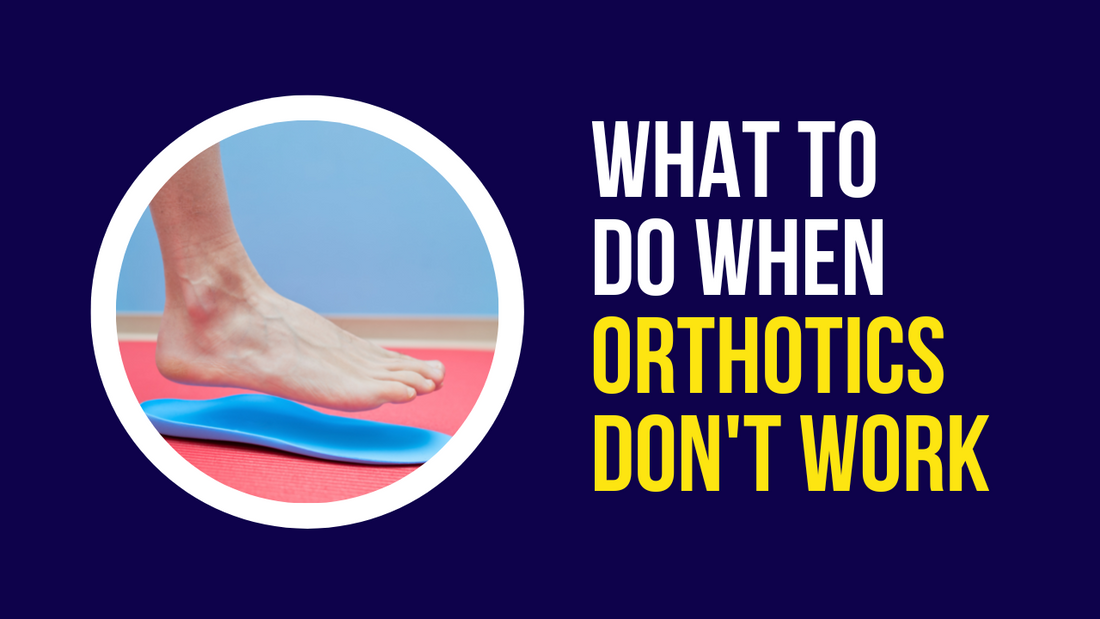What to Do When Orthotics Don’t Work
HOME / ORTHOTIC INSOLES / WHEN ORTHOTICS DON’T WORK
Orthotics are medical devices designed to address a variety of different conditions. They are placed on the inside of your shoes, customized for each individual patient, and are often employed to treat foot misalignments.
Noninvasive, lightweight, and durable, wearing orthotics can serve as an effective treatment that can significantly improve one’s quality of life.

Why your podiatrist may have prescribed orthotics
There is a wide range of conditions and foot problems orthotics can be used to treat, some of which include:
- Plantar fasciitis
- Bunions and corns
- Achilles tendonitis
- Overpronation and flat feet
- Foot aches and strains
- Chronic pain in various parts of the feet (e.g. heel pain, arch pain)
- Back pain, hip pain, or knee pain
- Arthritis

How do orthotics work?
Ultimately, orthotics help to support the feet, allow the feet to rest, and guide the feet into positions that will minimize the chance of injury. This is particularly important for individuals who engage in regular exercise and activities that place prolonged pressure on the feet and legs (e.g. long durations of standing or prolonged walking).
Orthotics can also considerably alleviate aches and pains for patients with foot deformities. Using patients with flat feet (when the foot rolls inwards) as an example, orthotics can provide arch support and prevent the arch from collapsing inwards. They can also cushion the foot and offer shock absorption in areas that are weaker and less stable.

With your podiatrist, you can arrive at a treatment plan that will best suit your day-to-day routine and tackle your specific condition. It is also important to remember that an orthotic is not a cure-all. They will often be paired with strengthening exercises and proper shoes.

I received some new orthotics, how long should they take to work?
The break-in time for orthotics may vary and depend on the type of inserts your podiatrist prescribed you.
- Custom foot orthotics – After approximately two weeks, you should no longer be feeling any discomfort. With custom foot orthotics, there should not be any heel slipping or arch pain after this initial period.
- Off-the-shelf orthotics – Non-custom orthotics have an even faster wear-in time. After about a week, these inserts should feel quite comfortable for regular wear.


It’s been a while and my orthotics are not working, what should I do?
If your orthotics are not working the way you expected, the first step is to reach out to the healthcare professional that prescribed the inserts. Podiatrists are trained to recognize the biomechanics of the entire body and, together, you can determine the underlying cause of your symptoms.
Signs your orthotics are not working:
- Worsening foot pain or pain that is not improving
- Tightness or strain in other parts of the body (e.g. muscles, joint pain)
- New foot condition that arose after the implementation of foot orthotics

In the case of flat feet, your podiatrist may suspect another reason for your pain, such as tight calf muscles in the lower leg. They will consider factors throughout the whole body that could be inducing stress on your arch and driving more pain.
There may be problems with your ankles, hips, or knees that you were previously unaware of. Systemic diseases can also be playing a role.
For most cases, patients will be able to find relief once their podiatrists figure out the root cause of the discomfort.

Got some more questions?
If you have any questions about your orthotics, or if you would like some assistance in choosing the right orthotics, please comment below!


